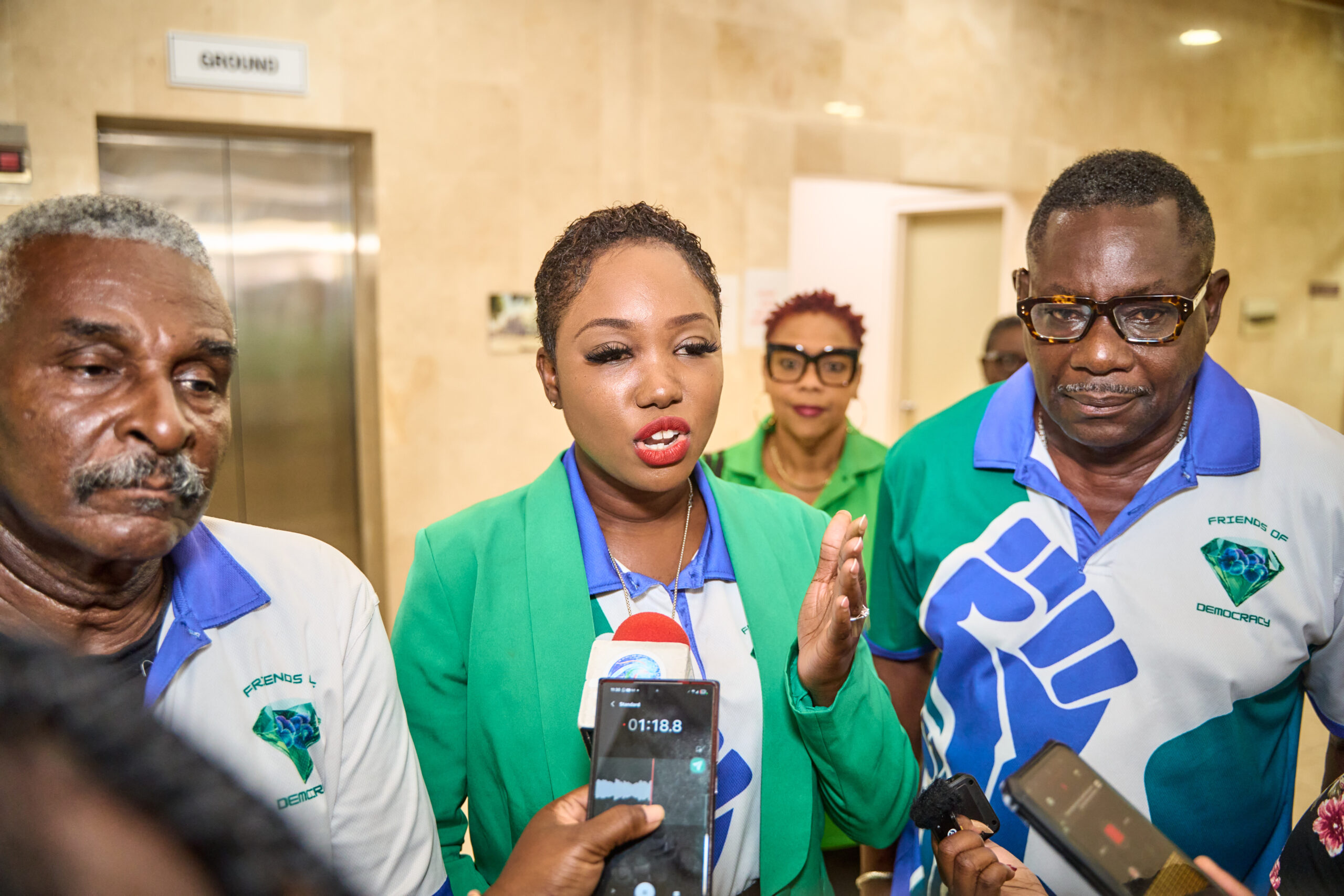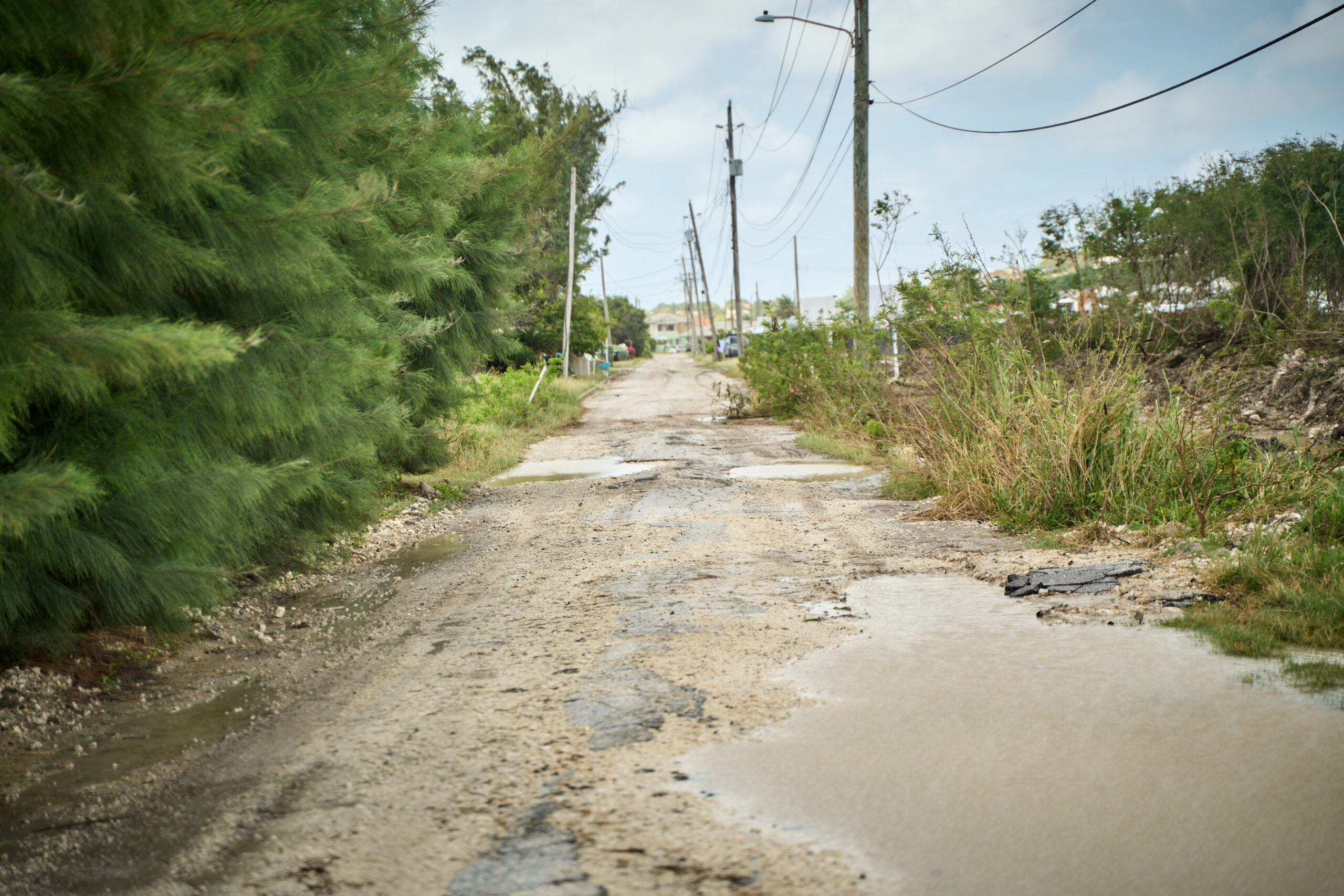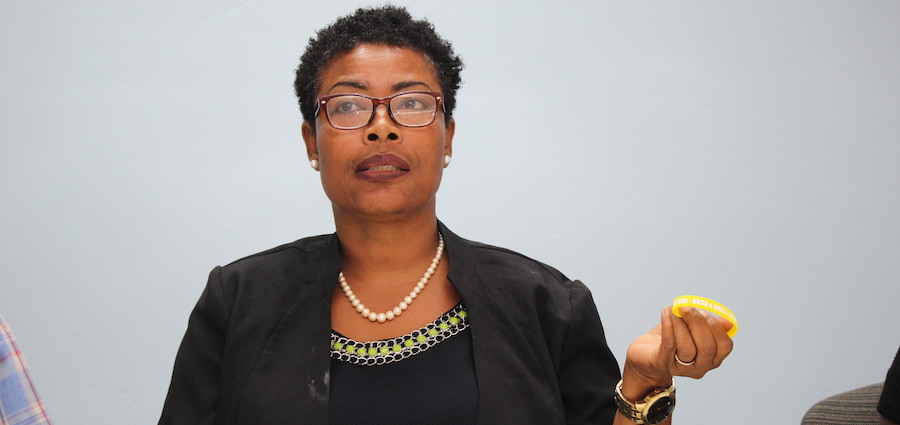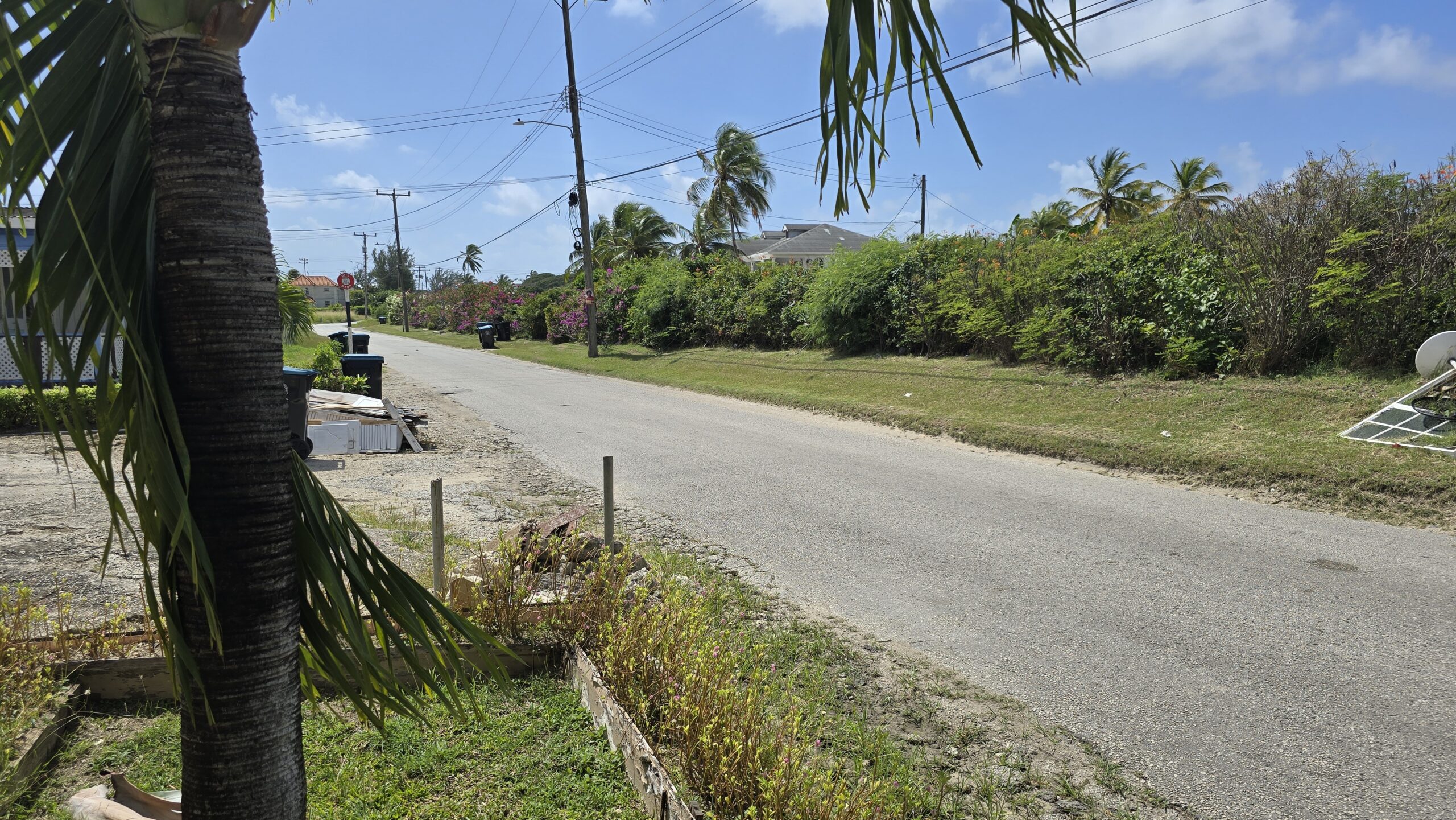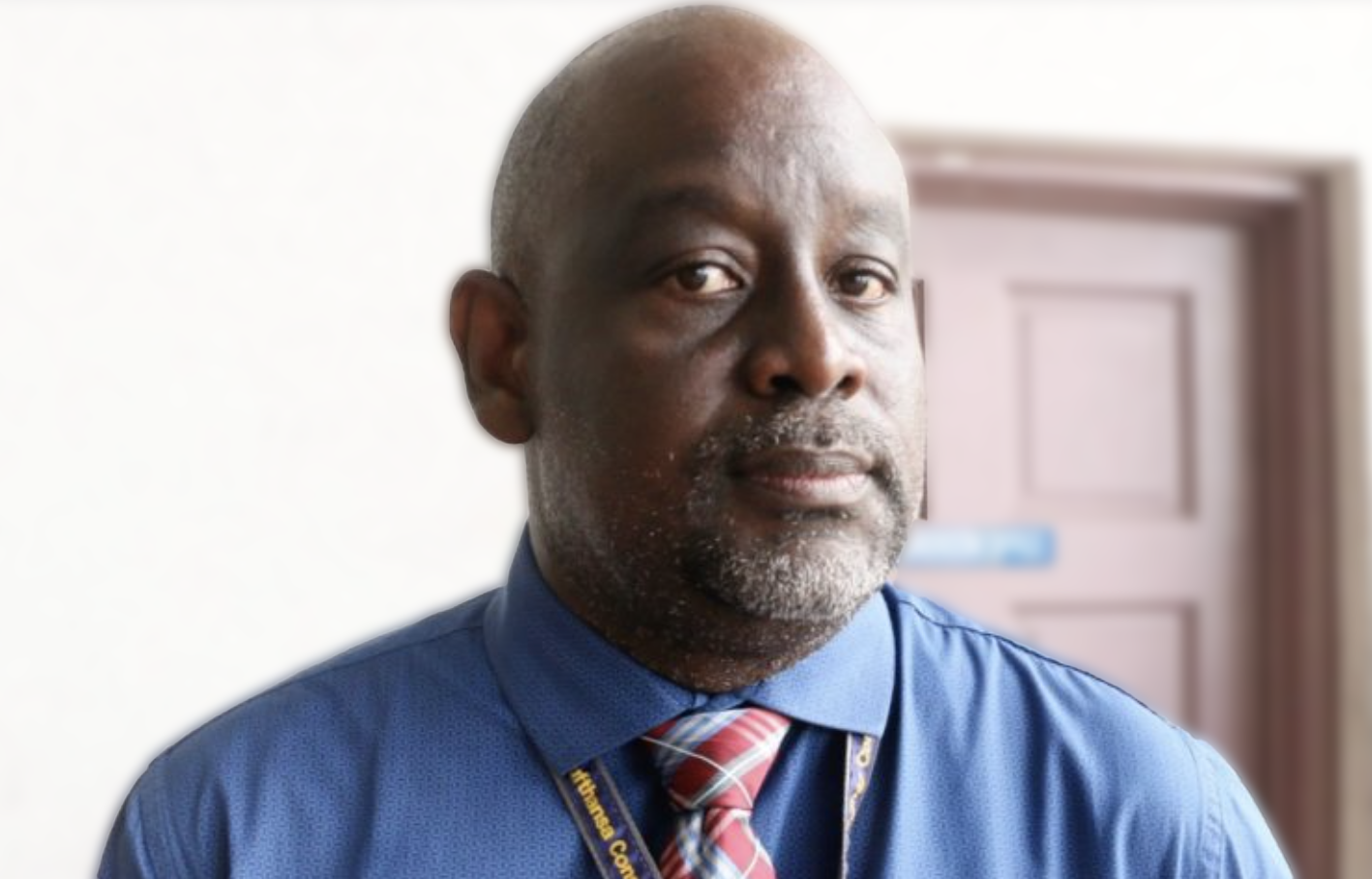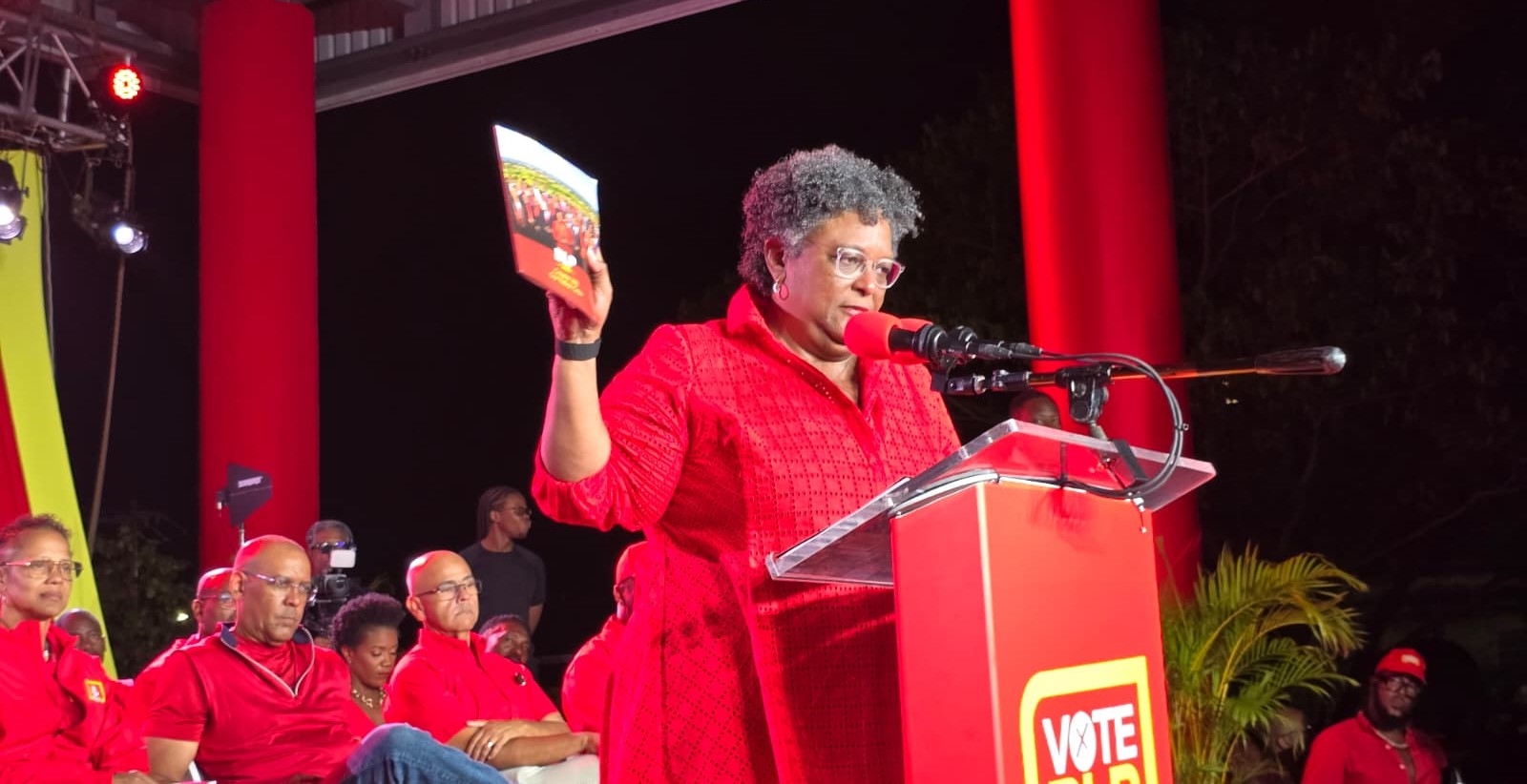The Friends of Democracy (FOD) party has unveiled a comprehensive housing policy framework designed to address what it terms a national housing crisis. During its manifesto launch at Bush Hall, St. Michael, on Sunday, the party detailed a multi-faceted strategy focused on dramatically expanding homeownership and providing financial relief to seniors.
Central to the FOD’s proposal is an aggressive rent-to-own program aimed at breaking the cycle of generational renting. The policy specifically targets public and private sector workers earning between $2,500 and $5,000 monthly, offering them 100% mortgages with no deposit required. Party candidate for St James North, Steffanie Williams, emphasized that these mortgages would be granted at reasonable, market-driven interest rates, effectively removing a significant barrier to entry for first-time buyers.
To oversee this ambitious program, the FOD plans to establish a dedicated Homeowner Authority. This newly mandated agency would be tasked with supervising the entire initiative, ensuring transparency, efficiency, and accountability throughout the process.
For Barbados’ senior population, the party proposed implementing a regulated reverse mortgage system. FOD candidate for St Lucy, Shetland Davis, explained that this financial instrument would allow homeowners aged 60 and over to access equity in their properties without having to sell or vacate their homes. Instead of making monthly mortgage payments, homeowners would receive payments from a lender, with repayment only required when the property is sold or the owner passes away.
The FOD committed to implementing strict regulatory oversight for the reverse mortgage program to ensure transparency and protection against predatory lending practices. The party plans to collaborate with financial institutions and credit unions to develop a safe product aligned with international best practices.
Beyond financing solutions, the FOD’s housing vision includes the construction of quality, low-cost housing units designed for practical and comfortable living. The party also proposed a shared mandatory house replacement insurance scheme for homes built with state assistance, to be managed through a government-backed insurance company with premiums shared between the state and homeowners.

